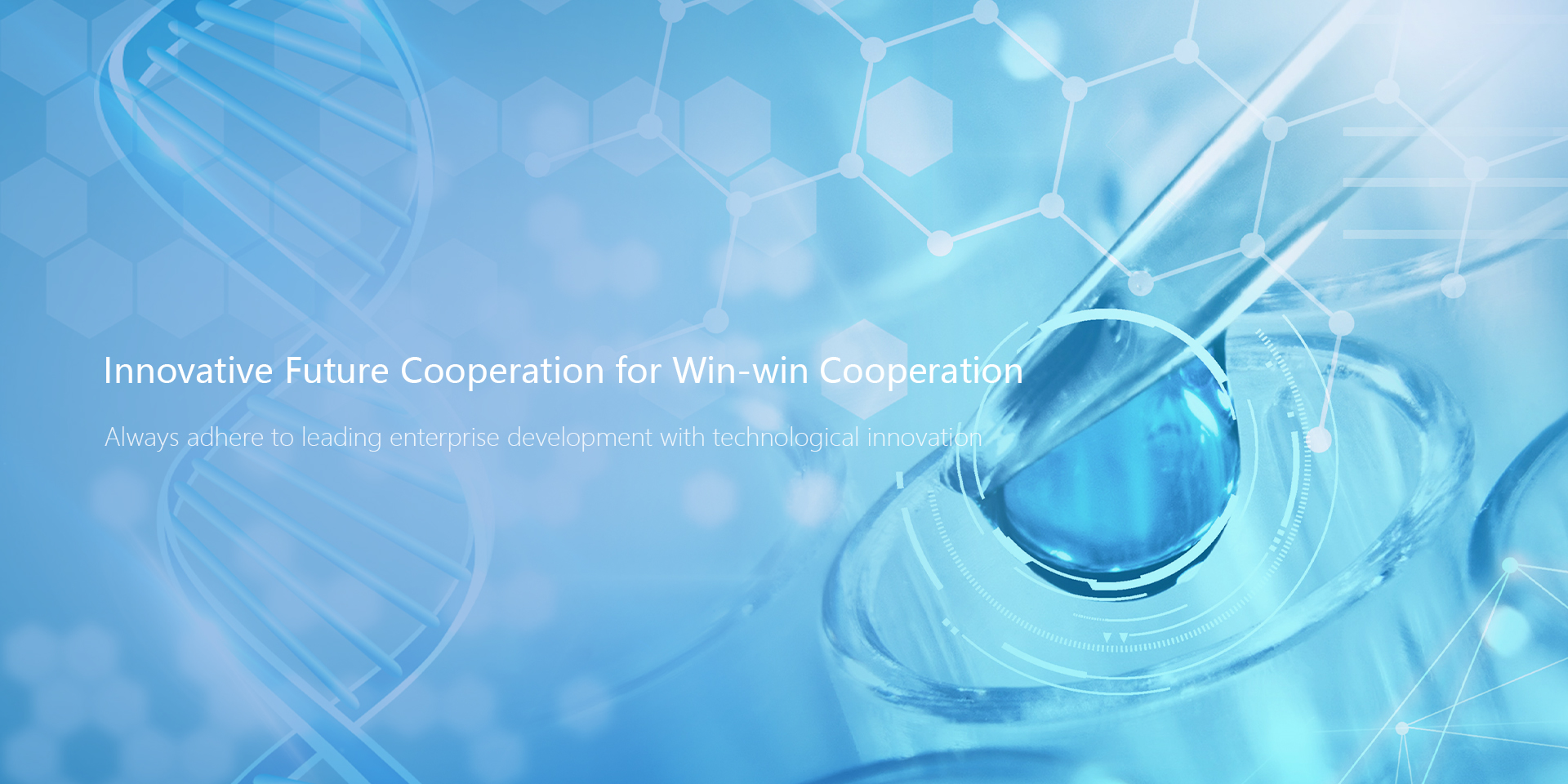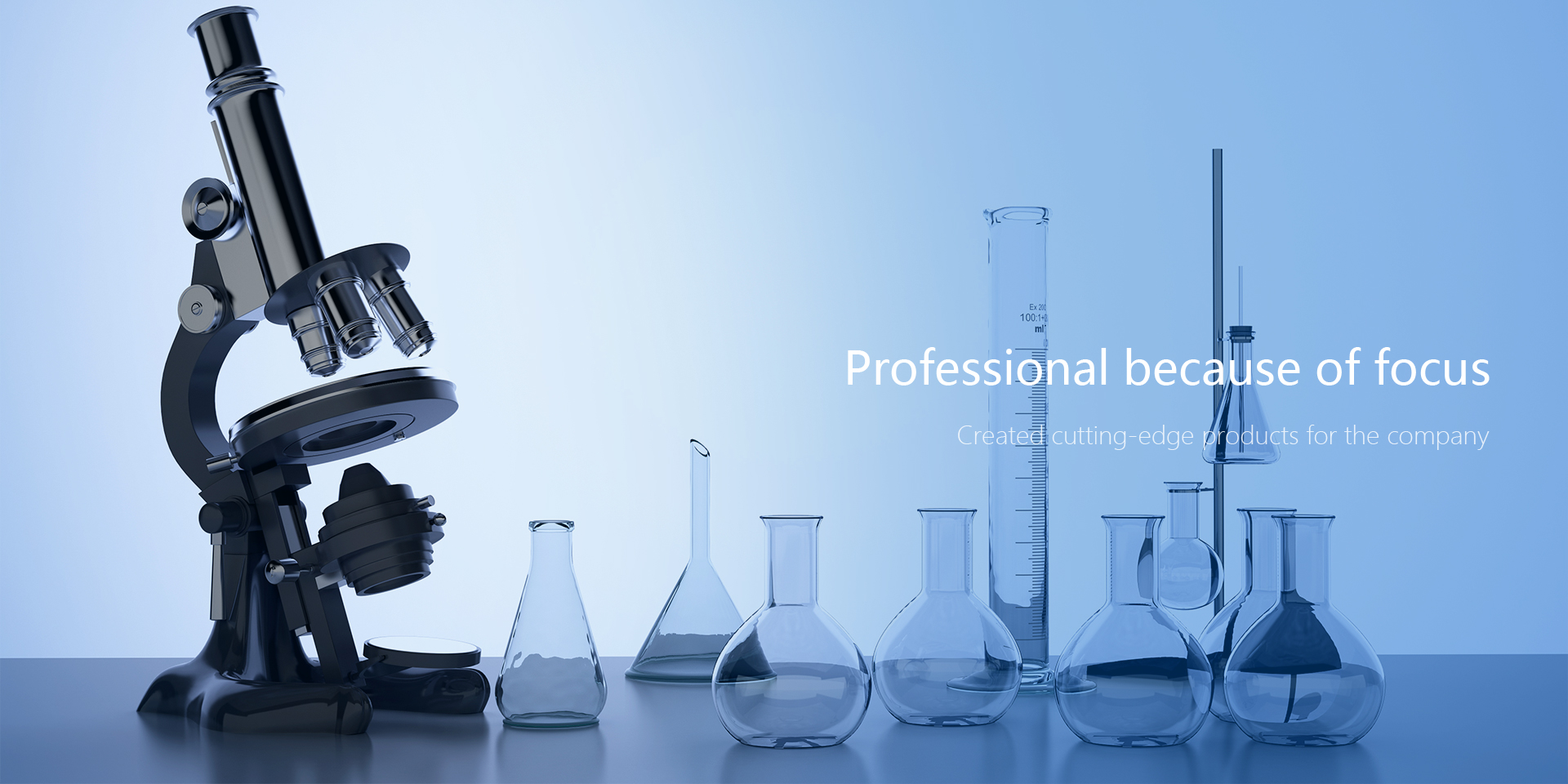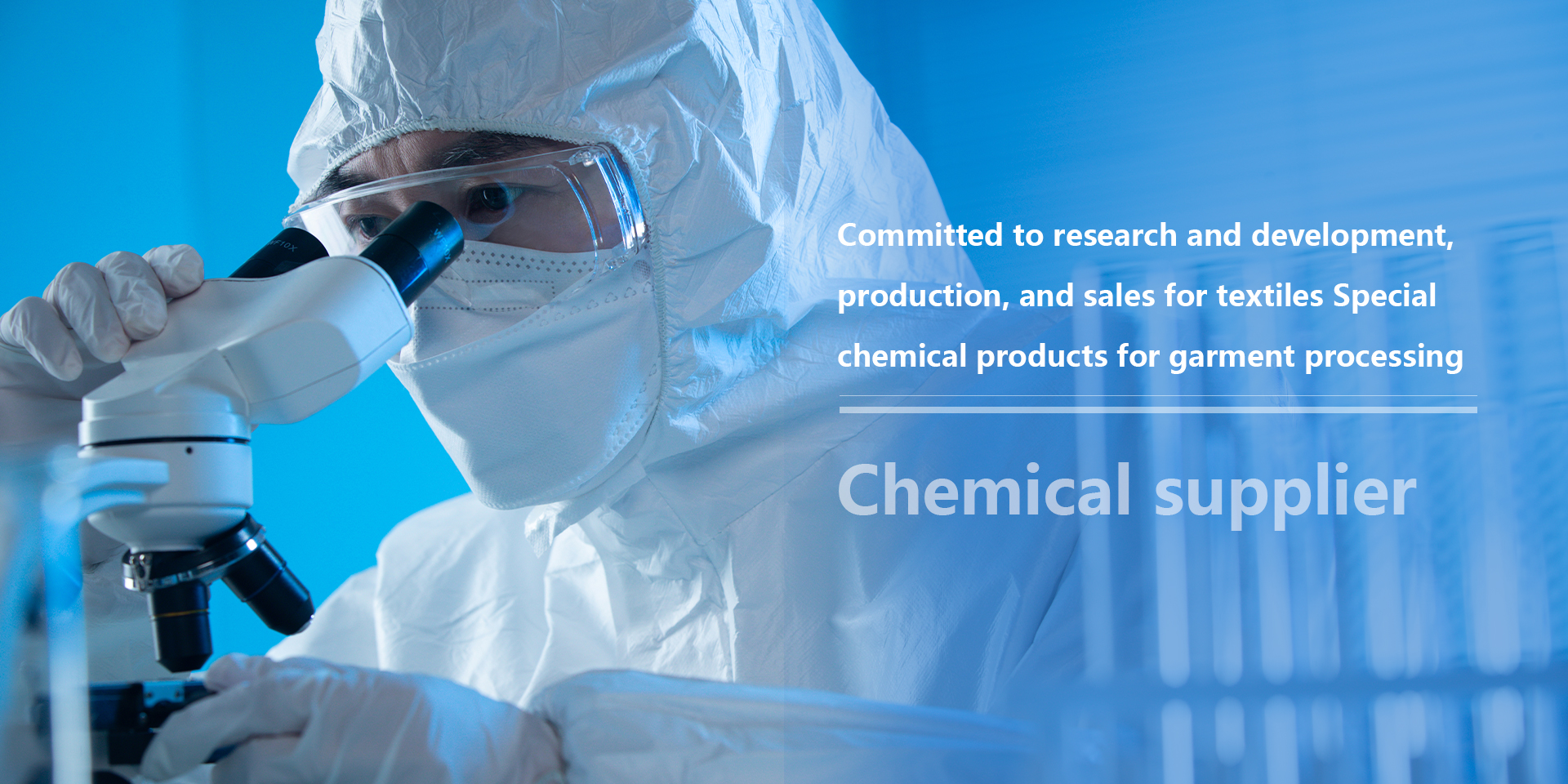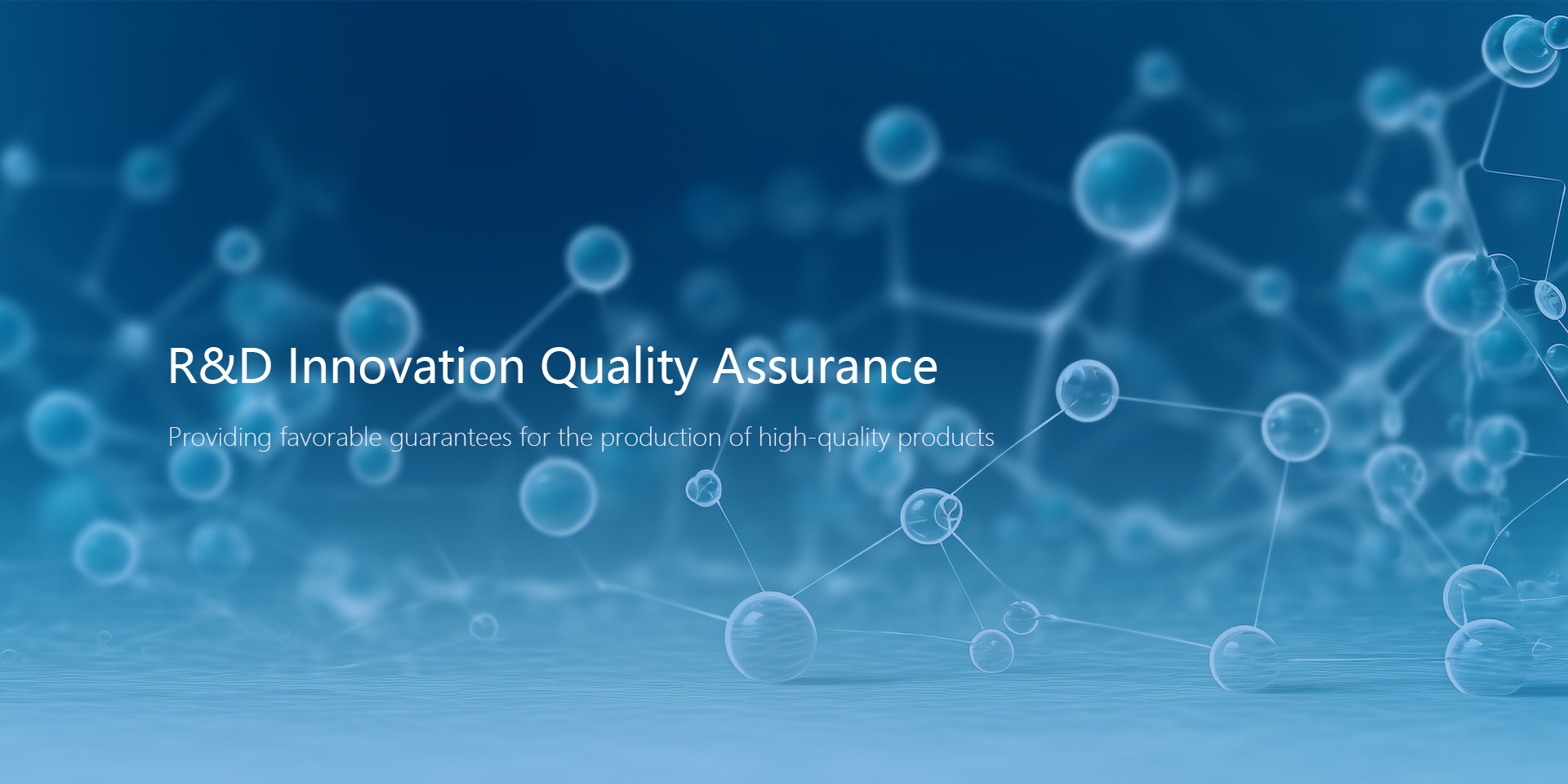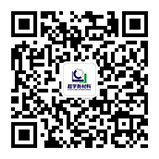Actually, as early as 4000 years ago, Egyptians used textiles impregnated with certain plant drugs to wrap mummies, which should be the earliest antibacterial agents and fabrics. With the application of antibacterial agents in World War I and World War II, antibacterial and anti mold textiles have received increasing attention both domestically and internationally, and corresponding antibacterial and anti mold finishing agents have also developed rapidly.
Commonly used antibacterial finishing agents can be divided into three categories: inorganic, organic, and natural product.
1 Inorganic antibacterial finishing agent
Inorganic antibacterial finishing agents mainly include metals such as silver, copper, zinc, titanium, mercury, lead, and their ionic antibacterial agents.
Due to the strong toxicity of metals such as mercury and lead and their compounds, they are not suitable for use as antibacterial agents in ordinary situations, while copper compounds often have darker colors, which also limits their scope of use.
Silver ions are non-toxic, colorless, and have strong antibacterial properties. In 2005, scientists from the University of Jena in Germany launched a silver T-shirt made of new fibers and nanocomposites containing metallic silver.
Silver ion antibacterial agents have the advantages of safety, broad-spectrum, no tolerance to bacteria, and antibacterial effects, making them a very ideal antibacterial agent.
Silver ion antibacterial agent ZJ-FCG001 is a type of silver ion antibacterial agent, composed of nano silver solution and scientifically formulated as an efficient fabric antibacterial finishing agent. It is widely used in fabrics such as masks, towels, socks, and has a broad-spectrum antibacterial effect.
2 Organic antibacterial finishing agents
Organic antibacterial finishing agents are currently the mainstay of anti mold, antibacterial, and deodorant finishing agents used for fabrics.
According to their chemical structural characteristics, they can be further divided into quaternary ammonium salts, benzene salts, urea salts, guanidine salts, heterocyclic compounds, organometallic compounds, etc.
Phenolic compounds have antibacterial activity, but their odor affects their application in textiles.
Quaternary ammonium salts are commonly used in textile antibacterial finishing agents.
3 Natural product antibacterial finishing agents
Certain extracts from natural plants, animals, insects, and microorganisms can be used as antibacterial finishing agents for textiles.
Common plants include juniper oil, mugwort, aloe vera, sorbic acid, gingerol, licorice, and tea.
Artemisia argyi is a plant antibacterial agent that appears frequently in our daily lives. During the Dragon Boat Festival, there is a custom in China to hang Artemisia argyi for pest control and disease prevention.
There are many antibacterial textiles on the market, with varying quality. However, those labeled with antibacterial and mold proof labels have prices that are 2-3 times higher than ordinary textiles. How can one distinguish between true and false?
In fact, as early as the fourth quarter of 2006, the National Development and Reform Commission had already required that all types of antibacterial textiles that meet the standards must have the "Antibacterial Knitting Products" logo usage certificate and logo hanging tag granted by the China Knitting Association.
So when consumers purchase antibacterial textiles, they must be aware of whether there is a "Antibacterial Knitting Product" logo usage certificate hanging tag and an antibacterial finishing agent logo hanging tag. For manufacturers producing antibacterial textiles, it is also necessary to choose qualified antibacterial finishing agents with antibacterial tags.

Zhejiang Chaoyu New Material Technology Co., Ltd
Suzhou Chaoyu Textile Chemical Co., Ltd
